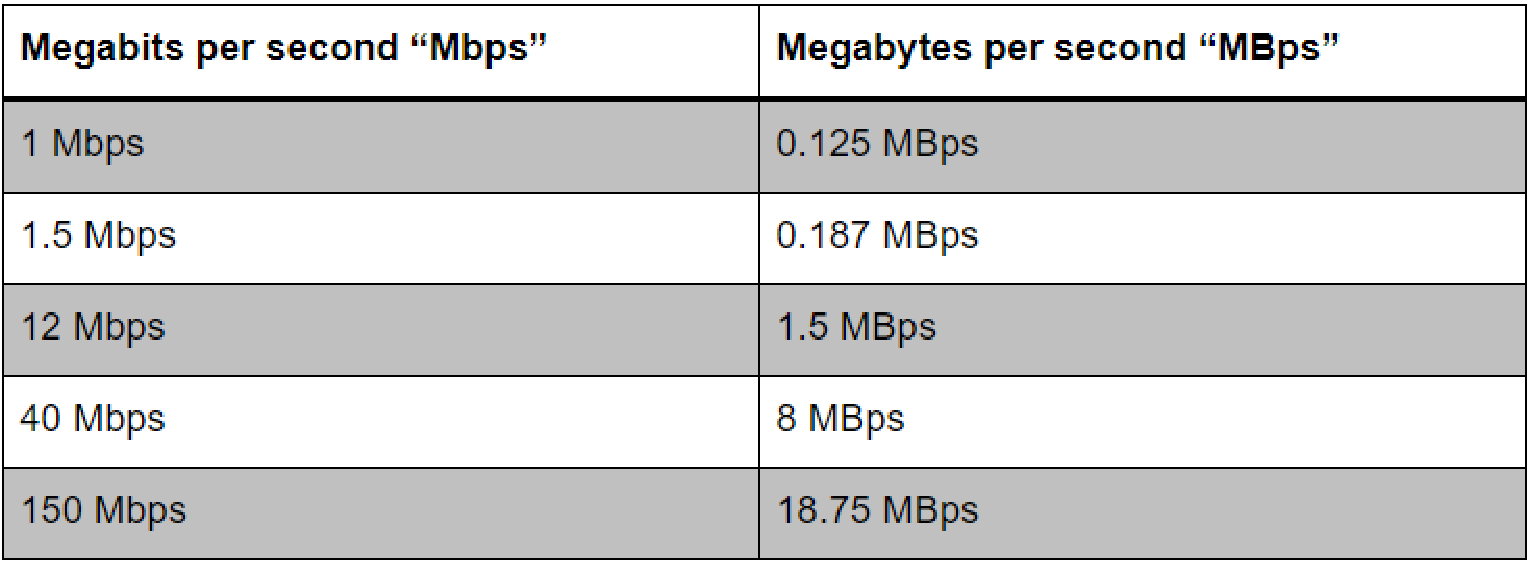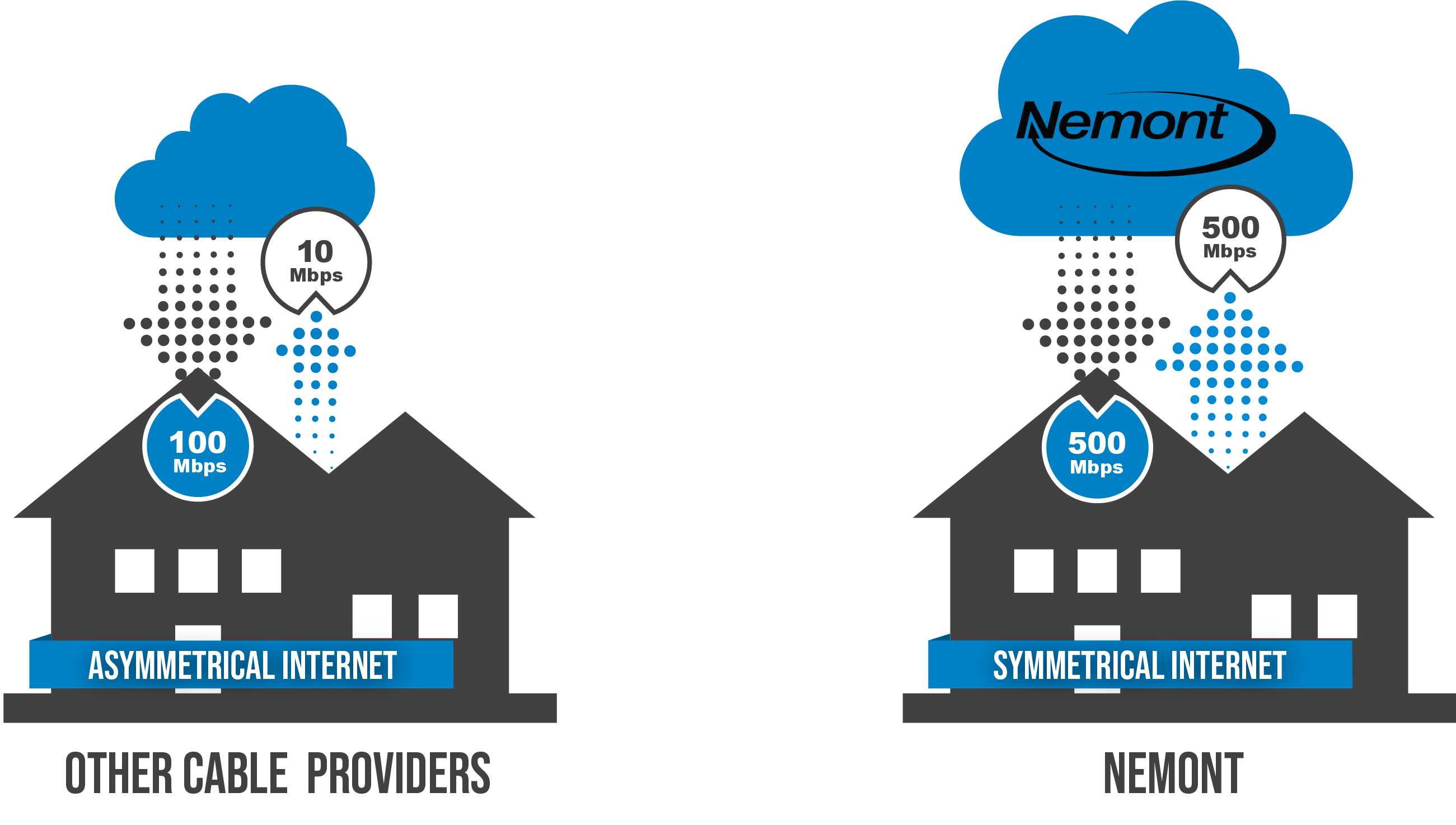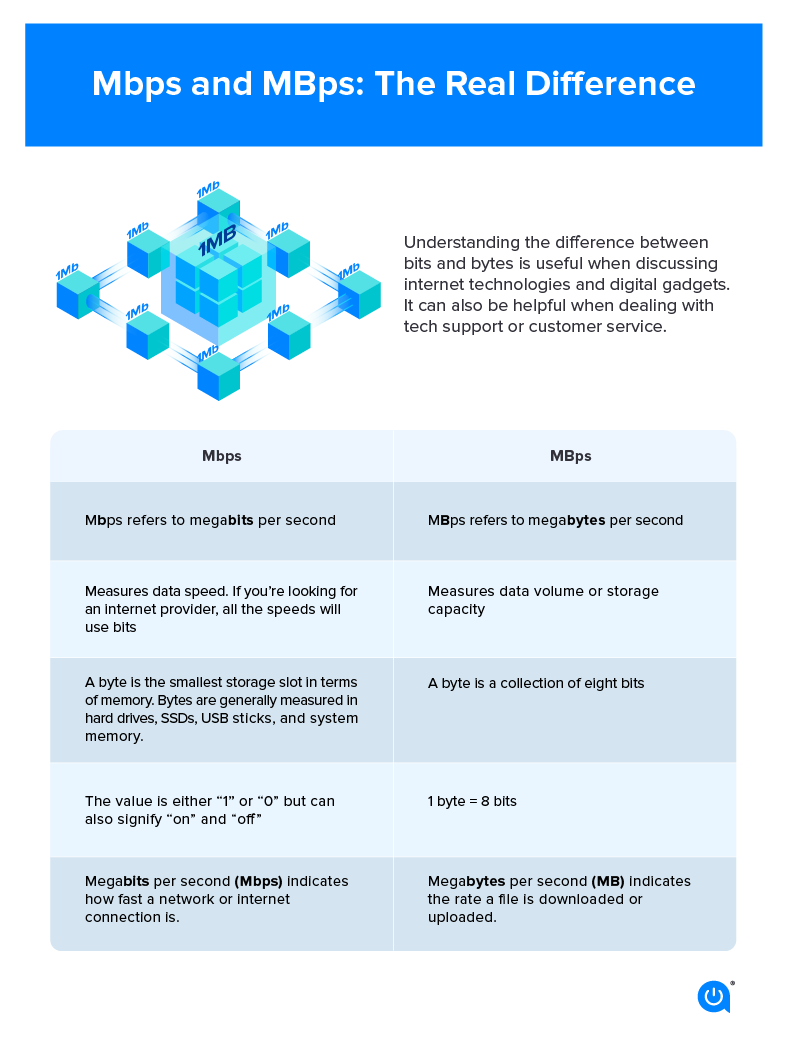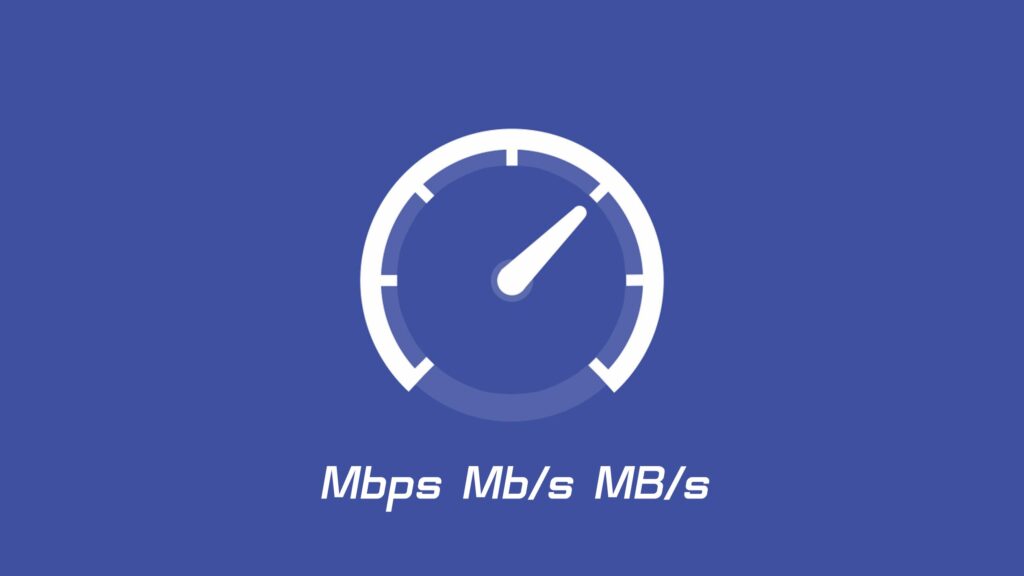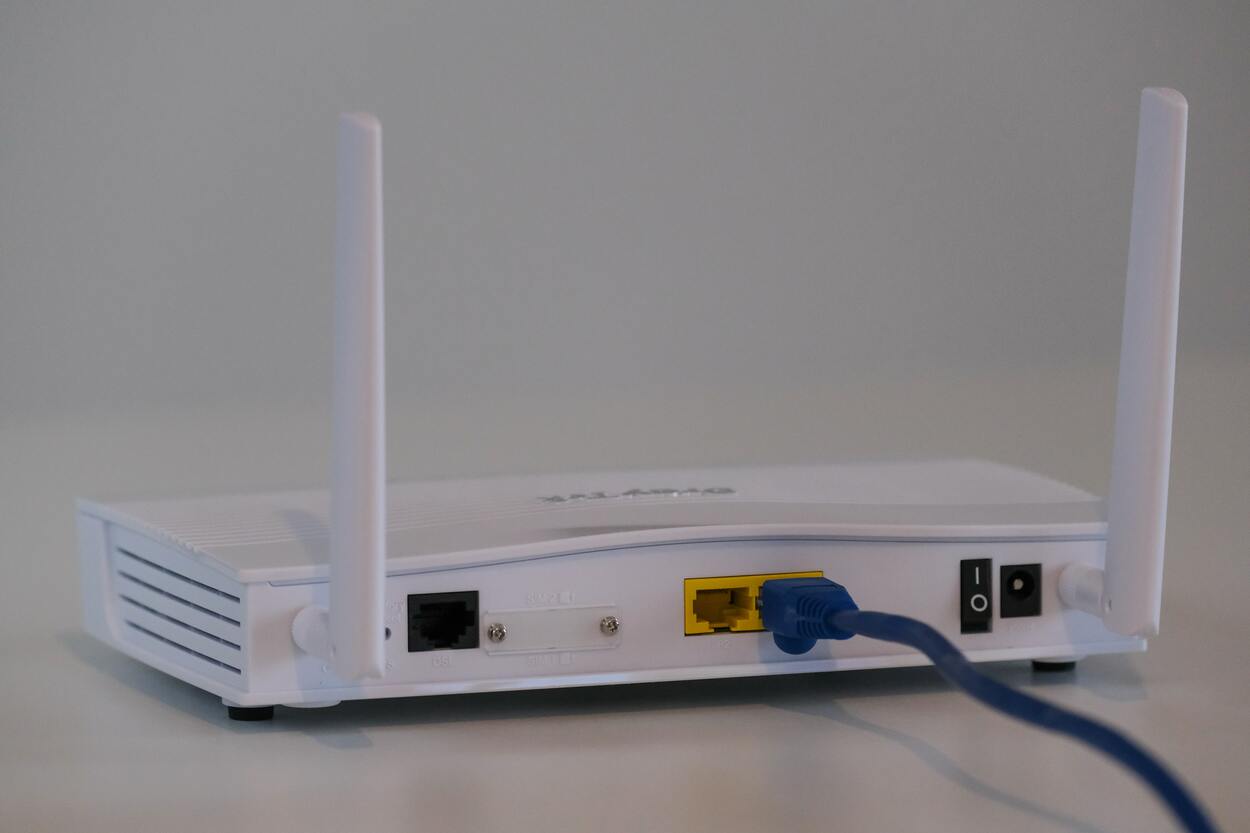What Is The Difference Between 300 Mbps And 500 Mbps
What Is The Difference Between 300 Mbps And 500 Mbps - Think of it as a narrow 2 lane road vs. It can comfortably support multiple. On the other hand, a 500 mbps connection. With a plethora of options available, consumers often find themselves weighing the benefits of different speed tiers, such as 300. A 300 mbps internet connection is considered fast for most households and small businesses. A 300 mbps connection enables you to download or upload data at a maximum rate of 300 megabits per second. Bandwidth describes how much data can be transferred over a period of time.
Bandwidth describes how much data can be transferred over a period of time. It can comfortably support multiple. A 300 mbps internet connection is considered fast for most households and small businesses. With a plethora of options available, consumers often find themselves weighing the benefits of different speed tiers, such as 300. Think of it as a narrow 2 lane road vs. On the other hand, a 500 mbps connection. A 300 mbps connection enables you to download or upload data at a maximum rate of 300 megabits per second.
Bandwidth describes how much data can be transferred over a period of time. On the other hand, a 500 mbps connection. A 300 mbps internet connection is considered fast for most households and small businesses. A 300 mbps connection enables you to download or upload data at a maximum rate of 300 megabits per second. It can comfortably support multiple. Think of it as a narrow 2 lane road vs. With a plethora of options available, consumers often find themselves weighing the benefits of different speed tiers, such as 300.
Difference Between Mb And Mbps
A 300 mbps connection enables you to download or upload data at a maximum rate of 300 megabits per second. It can comfortably support multiple. A 300 mbps internet connection is considered fast for most households and small businesses. On the other hand, a 500 mbps connection. Bandwidth describes how much data can be transferred over a period of time.
100mbps vs. 300mbps vs. 500mbps vs. Gigabit Speed Comparison
With a plethora of options available, consumers often find themselves weighing the benefits of different speed tiers, such as 300. Bandwidth describes how much data can be transferred over a period of time. On the other hand, a 500 mbps connection. A 300 mbps internet connection is considered fast for most households and small businesses. A 300 mbps connection enables.
Mbps vs. MBps Understanding the Data DifferenceExcitel Broadband
With a plethora of options available, consumers often find themselves weighing the benefits of different speed tiers, such as 300. A 300 mbps connection enables you to download or upload data at a maximum rate of 300 megabits per second. A 300 mbps internet connection is considered fast for most households and small businesses. Bandwidth describes how much data can.
500 Mbps x 500 Mbps Residential Plan Nemont
A 300 mbps connection enables you to download or upload data at a maximum rate of 300 megabits per second. Think of it as a narrow 2 lane road vs. On the other hand, a 500 mbps connection. A 300 mbps internet connection is considered fast for most households and small businesses. It can comfortably support multiple.
What Is The Difference Between Mbps And MB/s? HDD Club, 59 OFF
Bandwidth describes how much data can be transferred over a period of time. With a plethora of options available, consumers often find themselves weighing the benefits of different speed tiers, such as 300. On the other hand, a 500 mbps connection. It can comfortably support multiple. A 300 mbps internet connection is considered fast for most households and small businesses.
Difference Between Mb And Mbps
A 300 mbps connection enables you to download or upload data at a maximum rate of 300 megabits per second. Think of it as a narrow 2 lane road vs. It can comfortably support multiple. A 300 mbps internet connection is considered fast for most households and small businesses. On the other hand, a 500 mbps connection.
Is There a Difference Between 100 Mbps and 200 Mbps? All
Think of it as a narrow 2 lane road vs. A 300 mbps internet connection is considered fast for most households and small businesses. It can comfortably support multiple. Bandwidth describes how much data can be transferred over a period of time. A 300 mbps connection enables you to download or upload data at a maximum rate of 300 megabits.
Difference Between Mb And Mbps
On the other hand, a 500 mbps connection. A 300 mbps connection enables you to download or upload data at a maximum rate of 300 megabits per second. With a plethora of options available, consumers often find themselves weighing the benefits of different speed tiers, such as 300. It can comfortably support multiple. Think of it as a narrow 2.
What exactly is the difference between Mbps and MBps? TechNave
It can comfortably support multiple. Bandwidth describes how much data can be transferred over a period of time. A 300 mbps internet connection is considered fast for most households and small businesses. A 300 mbps connection enables you to download or upload data at a maximum rate of 300 megabits per second. On the other hand, a 500 mbps connection.
Is There a Difference Between 100 Mbps and 200 Mbps? All
A 300 mbps internet connection is considered fast for most households and small businesses. It can comfortably support multiple. With a plethora of options available, consumers often find themselves weighing the benefits of different speed tiers, such as 300. Think of it as a narrow 2 lane road vs. A 300 mbps connection enables you to download or upload data.
On The Other Hand, A 500 Mbps Connection.
With a plethora of options available, consumers often find themselves weighing the benefits of different speed tiers, such as 300. It can comfortably support multiple. A 300 mbps internet connection is considered fast for most households and small businesses. Bandwidth describes how much data can be transferred over a period of time.
Think Of It As A Narrow 2 Lane Road Vs.
A 300 mbps connection enables you to download or upload data at a maximum rate of 300 megabits per second.
